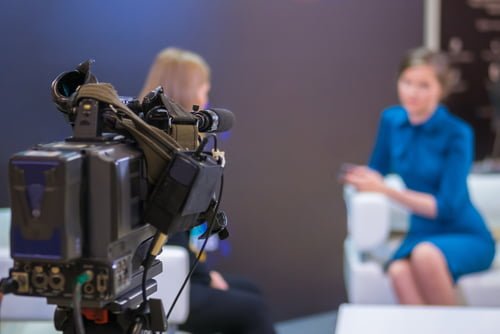Media Interviews: The Unwritten Rules
We are discussing the unwritten rules of appearing in the media, specifically TV and radio news. But a lot of this advice also extends to other media, print, online, and podcasts.
Right, let's get into it.
Unwritten rule No. 1: You won’t get the questions in advance
What? That doesn't seem fair. Why does this happen?
Well, there are a couple of reasons.
Journalists prefer not to share interview questions beforehand because it's 100% likely that you'll over-rehearse your answers, possibly even script them in advance, and that will look and sound terrible on air.
Journalists want to encourage spontaneous, authentic responses
Journalists want to encourage spontaneous, authentic responses rather than over-rehearsed answers. You'll sound better speaking naturally and off the cuff.
I can hear you thinking, off-the-cuff! That sounds like a nightmare...
Don't worry, some tips are coming up.
The other reason they don't give you the questions in advance is because those questions are very likely to change.
Think about the production process. There'll be a whole production team working on, say, a drivetime news show. Reporters and producers will be tasked with setting up guests, writing the scripts and questions, which are then passed on to the presenter.
Quite often the presenter will want to ask a question their own way rather than read from a script. If you're anticipating a question and that doesn't turn up, that's going to throw you. Yes?
More media training guides and podcasts

Mastering profile interviews in the media

Media appearances, the unwritten rules

Public apologies, how to say sorry in the media and mean it

Why off-the-record journalism is riskier than you think
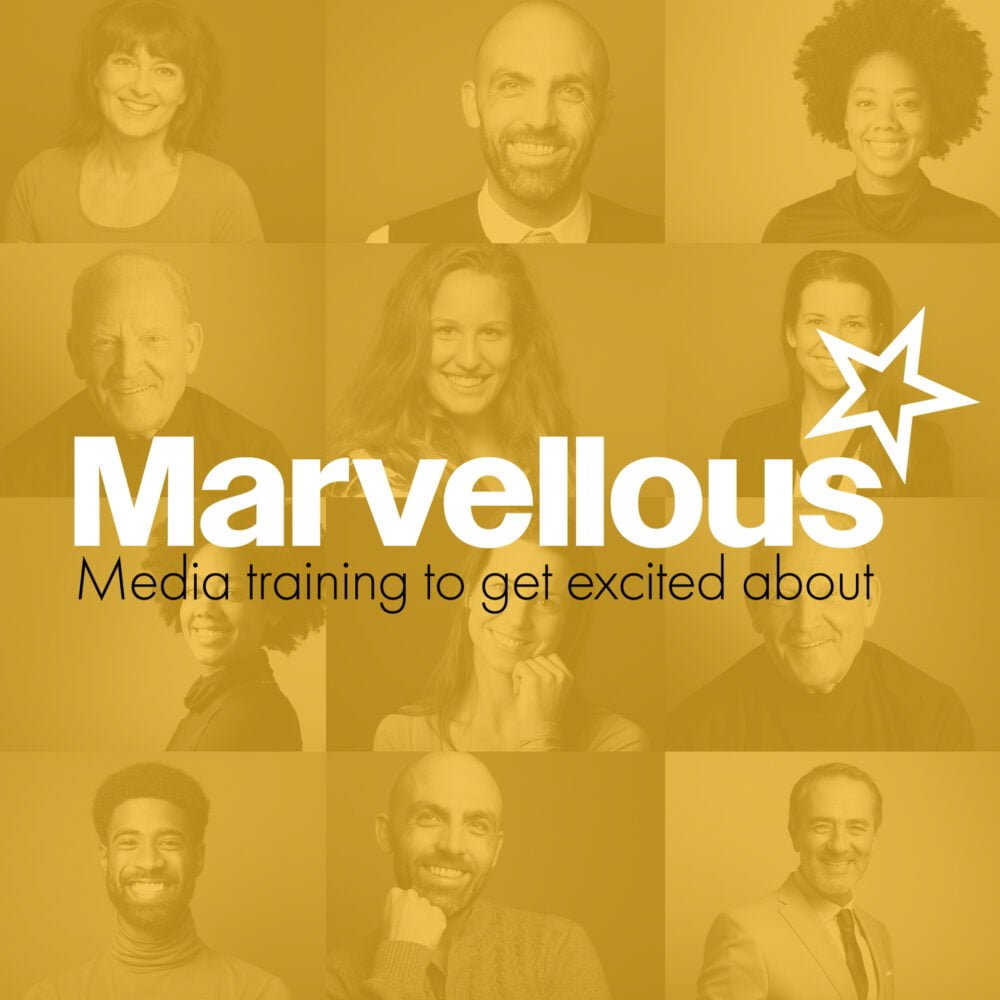
What are key messages in the media?

Give your leader feedback after a media interview

Why avoid corporate speak and office jargon in media interviews?
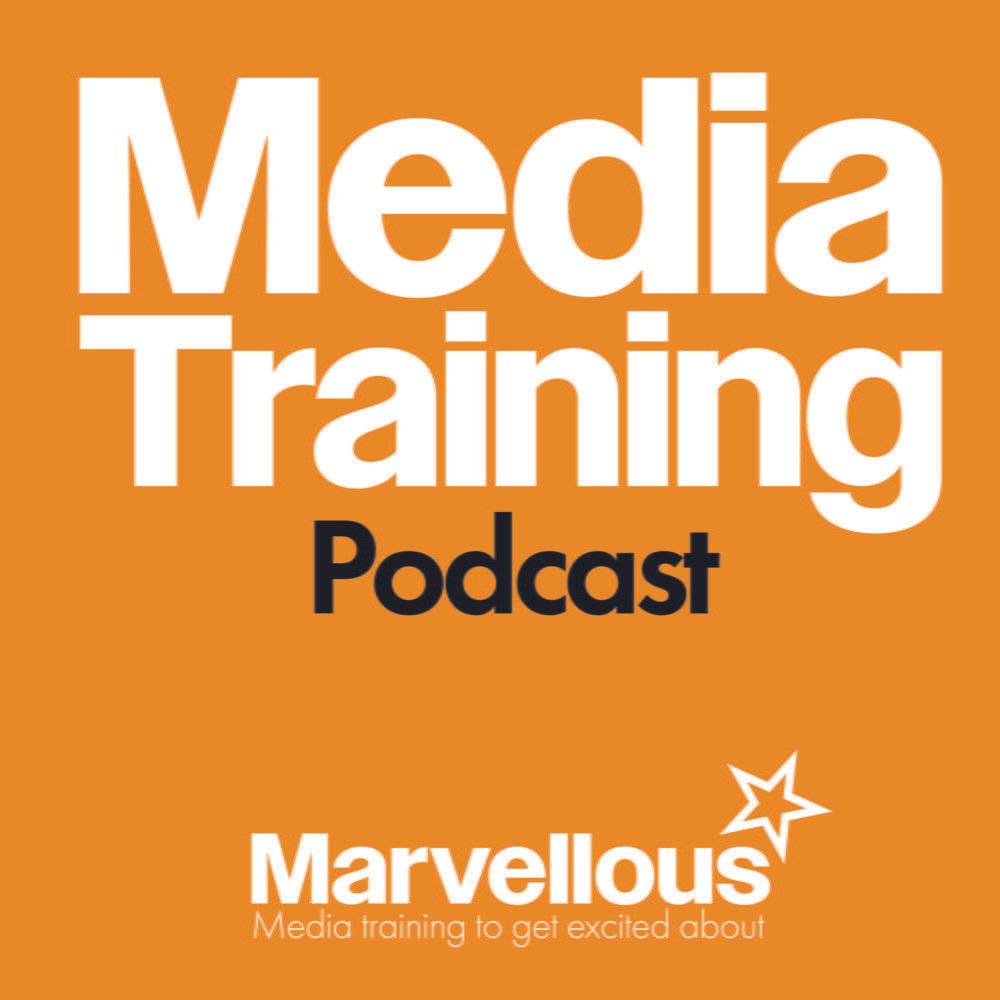
Media interview preparation checklist

How to create a founders’ origin story

How to answer hostile or negative questions from a journalist

How to be authentic in a media interview

Crisis Management: How to write a holding statement
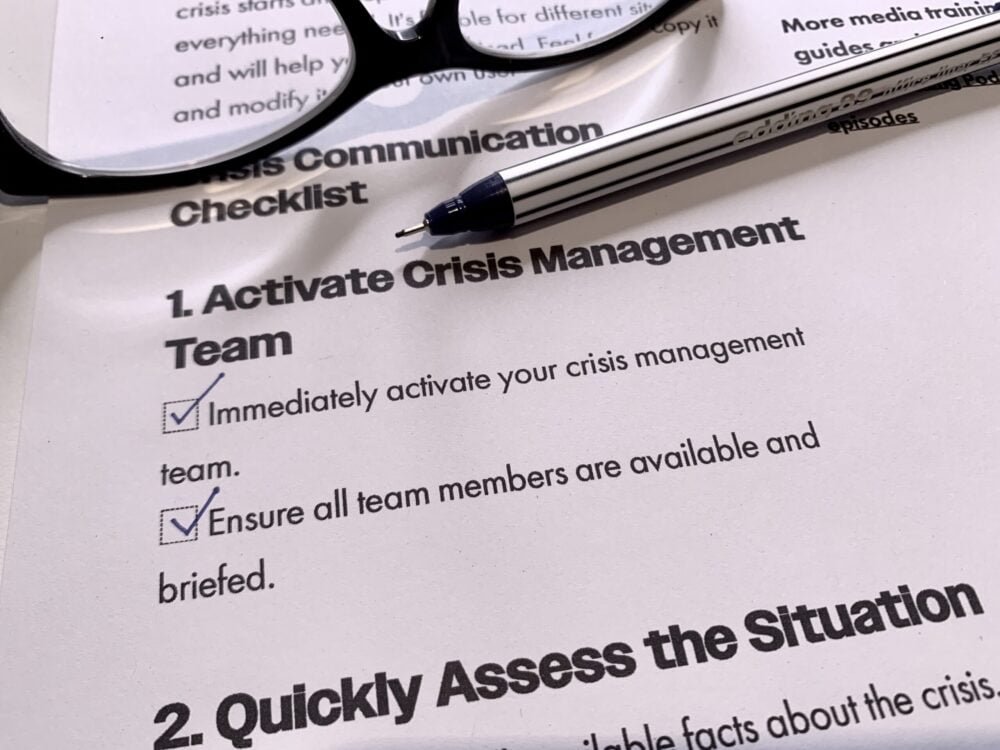
Crisis communications checklist
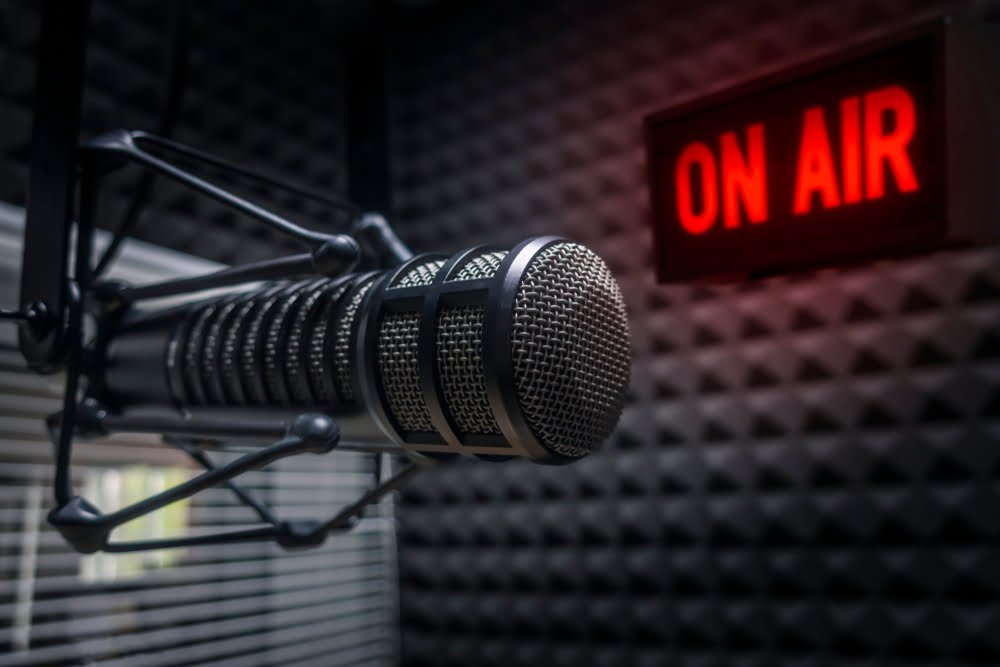
How to create a successful media soundbite
Tips for knowing what you will be asked on air
So, how do you get a gist of what you'll be asked?
When a journalist calls you to discuss a story, what they are doing is sounding you out. On that initial call they'll ask you all sorts of questions. Make a note of them, because those are the topics and themes which are most likely to appear when you are on air.
Don't script answers for media interviews
Take those questions, don't script answers. Draw a mind map, write a few bullet points with key ideas, opinions, and anecdotes you'd like to share.
The act of doing this will bring what you already know to the front of your mind. Practising these answers out loud with a friend or colleague will help you sound fluent.
You'll be good to go.
Unwritten rule No. 2: Media interviews are pretend conversations
What do I mean by pretend conversations? Think about how absurd a live media interview is. There you both are—having a chat with potentially tens of thousands of people, possibly millions, watching or listening!
Media interviews operate under the guise of a casual conversation—but a conversation that's going really well and both sides need to look really interested—while you ignore the cameras and crew and studio managers!
Media interviews are a turn-taking exercise
So how do you do these pretend conversations?
Firstly, you MUST take turns. If you are being interviewed, after the first question, don't ramble on for 5 minutes without taking a breath.
Similarly, don't be monosyllabic with yes or no answers. Play the conversation game.
Share your opinions, experience, and know-how. AND crucially show that you are a pro by using your tone of voice to make it clear you've finished your point. (Maybe not that cheesy, but you get the idea.)
Signpost with your tone of voice in a media interview
That way you're signposting to the presenter it's their turn to talk. You'll be playing the conversation game and they'll love you for it.
Don't just tail off and er, kind of mumble your way through, er, hoping they're about to jump in... any minute.
Unwritten rule of media interviews No. 3: Time is limited, don’t waste it
As a guest, it's not your job to fill airtime. You aren't the co-presenter here. Use your time efficiently and get to your point.
At school, I bet a teacher told you, "It's only your own time you're wasting..." That's true for media appearances.
Here's an example:
"Joining us now is Steve. Steve, tell us about your long career in TV and radio..."
"Hi, good morning... great to be here. Thanks for having me on the show..."
No, cut the waffle, get to your point. You may only have a minute or two, so say your best stuff first and avoid generic fillers like,
- "Thanks for having me..."
- "Thanks, that's a great question..."
- "First of all, I'd like to thank..."
- "I appreciate the chance to address this issue."
- "That's a very insightful question."
Don't do it.
OK, this next unwritten rule is brilliant and is TV-specific.
Unwritten rule No. 4: You may be on screen, but you may not see the person interviewing you
What?
You'll have seen this on the news: the anchor is in the studio. You pop up on the big screen because you are in a different location. The presenter is looking and talking straight at you on the screen. But what they don't tell you is you won't see them.
This is another TV fallacy. You may be in a remote studio the size of a broom cupboard, with a TV camera at a location, or more likely these days in front of your PC at home on Zoom.
How to pretend to see the presenter in a TV interview
So, in this situation, how do you play along? How do we make it look natural, like you can see each other?
Simply look at the camera lens or the lens on your PC webcam. Why do we do this? Because it creates the illusion that you are giving the presenter (and the audience) eye contact.
Also, if you are doing a remote interview—Crucially important—Assume that you are in vision from the moment you get in front of the camera. Just because they're not speaking to you doesn’t mean you're not in vision.
You don't want to appear on TV picking your nose, eating, or with resting old git face. Look at the lens.
So, look at the lens when a presenter or reporter isn't present.
But, if you are in person with the interviewer, they're next to you. In that scenario, you look at them NOT the lens.
You may not remember this. If you're in any doubt just ask the producer before you go on air, "Where should I look?"
All clear? Great!
Unwritten rule. of media interviews No. 5: Understand why you have been invited on air
This might seem obvious but you need to have a clear idea why you've been invited on air.
This will help you prepare and, in some respects, understand how relaxed or on-point you should be.
So How Do We Figure Out Your Role?
Are you central to the story?
Firstly, are you or the organisation you represent directly part of the story? Put another way, is your contribution central to that story?
For example, your business goes bankrupt. You're a leader in that business—the story is about you.
Are you an expert guest?
Alternatively, have you been invited on as an expert? In this case, you are not part of the story but you will be expected to share your insight, opinions, and expertise.
For example, you're an insolvency specialist (slightly dull example!), not associated with that bankrupt business but you understand why lots of businesses fail. You're an expert. Incidentally, this is a real sweet spot that we encourage clients to occupy.
Is this a vox pop?
And the third role, you're just a bystander. You live near the business that's gone bankrupt, sometimes you shopped there and you're sorry it's closing.
The term for these types of interviews is vox pops.
Questions to the man or woman in the street. In this role, expect to be asked everything from your views on politics to the price of fish.
Journalists doing Vox Pops are like charity muggers; this happens in the street.
So, in summary, knowing your role will help you understand how you should prepare.
Summary of the five unwritten rules of media appearances
- You don't get the questions in advance
- Play the conversation game in interviews
- Time is limited, don't waste it
- You may be in vision but unable to see who is interviewing you.
- Understand your role.
At Marvellous Media Training, we help leaders become confident, on-air communicators so you can share your expertise and the great work you do. Drop me a line: hello@bitfamous.co.uk

Mastering profile interviews in the media

Media appearances, the unwritten rules

Public apologies, how to say sorry in the media and mean it

Why off-the-record journalism is riskier than you think

What are key messages in the media?

Give your leader feedback after a media interview

Why avoid corporate speak and office jargon in media interviews?

Media interview preparation checklist

How to create a founders’ origin story

How to answer hostile or negative questions from a journalist

How to be authentic in a media interview

Crisis Management: How to write a holding statement

Crisis communications checklist

How to create a successful media soundbite
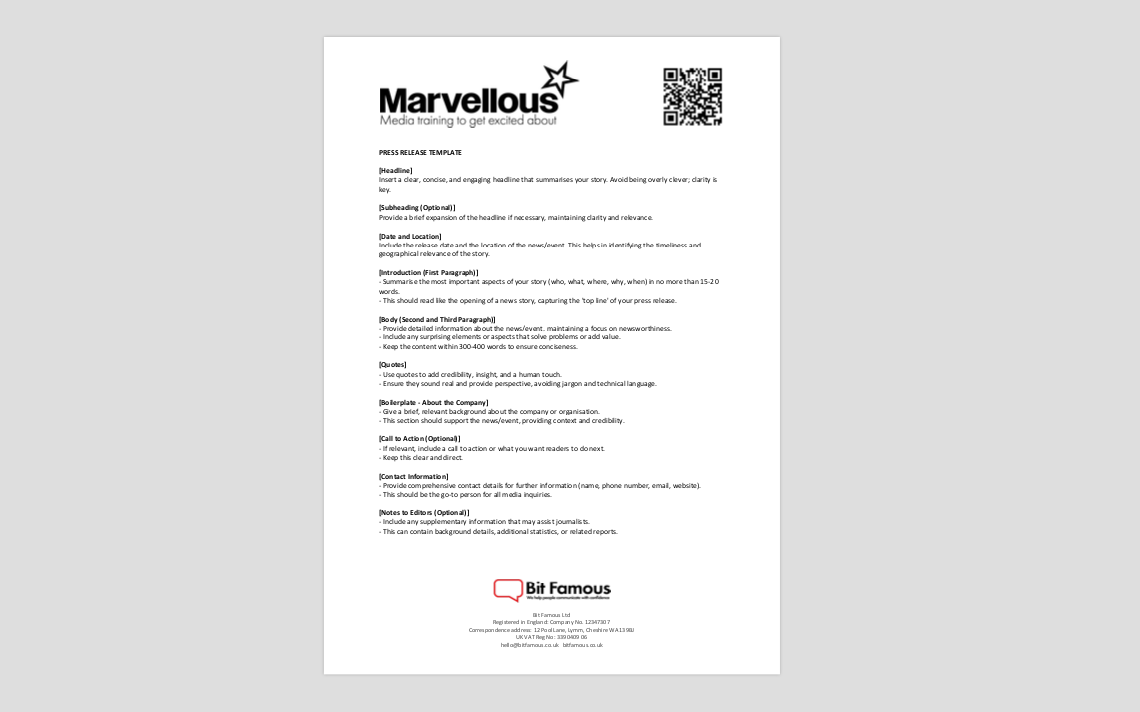
Free press release template (Word)
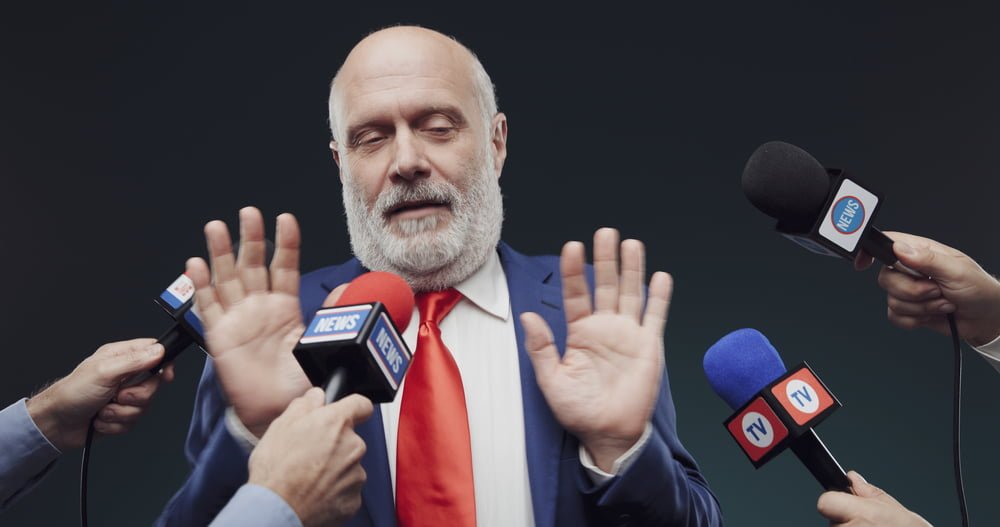
How do you handle a media question you don’t want to answer?
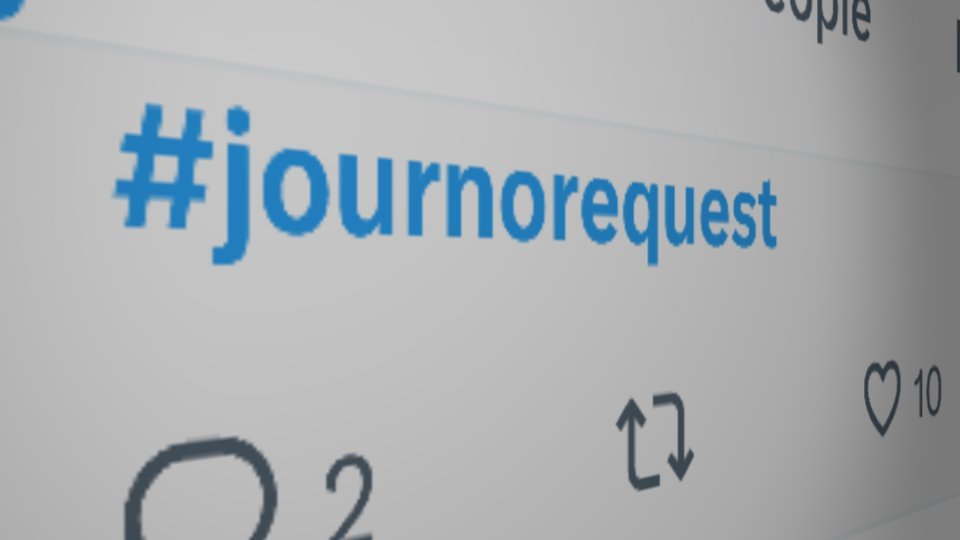
How to use #JournoRequest to get media attention for my business

How do I prepare for a TV interview online using Zoom, Teams or Skype?

How to appear on a business podcast

How to handle a difficult media interview
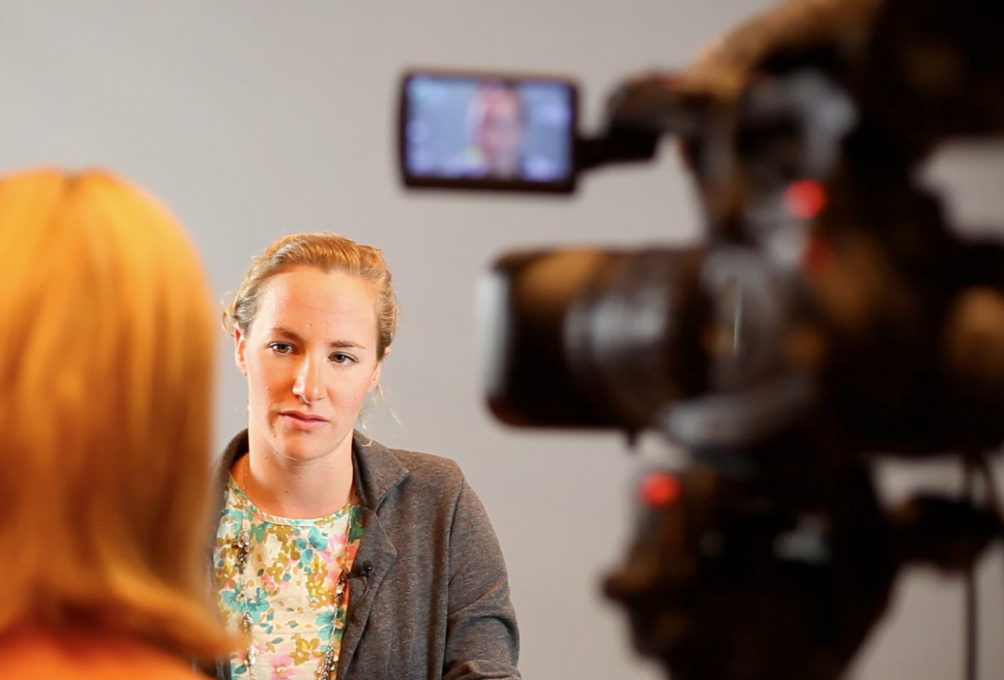
How to get featured in the media

How does the news work?
How can I develop a relationship with a journalist?

Manchester Media Training
How can I incorporate my organisation’s values or mission into a TV interview?
How can I use data or statistics effectively in a media interview?
How can I make my TV interview more engaging for the audience?
How do I research a journalist or interviewer?
How do I look good in a TV interview?

How to decline a TV interview request
Can I have the TV interview questions in advance?
What makes a good TV interview?
